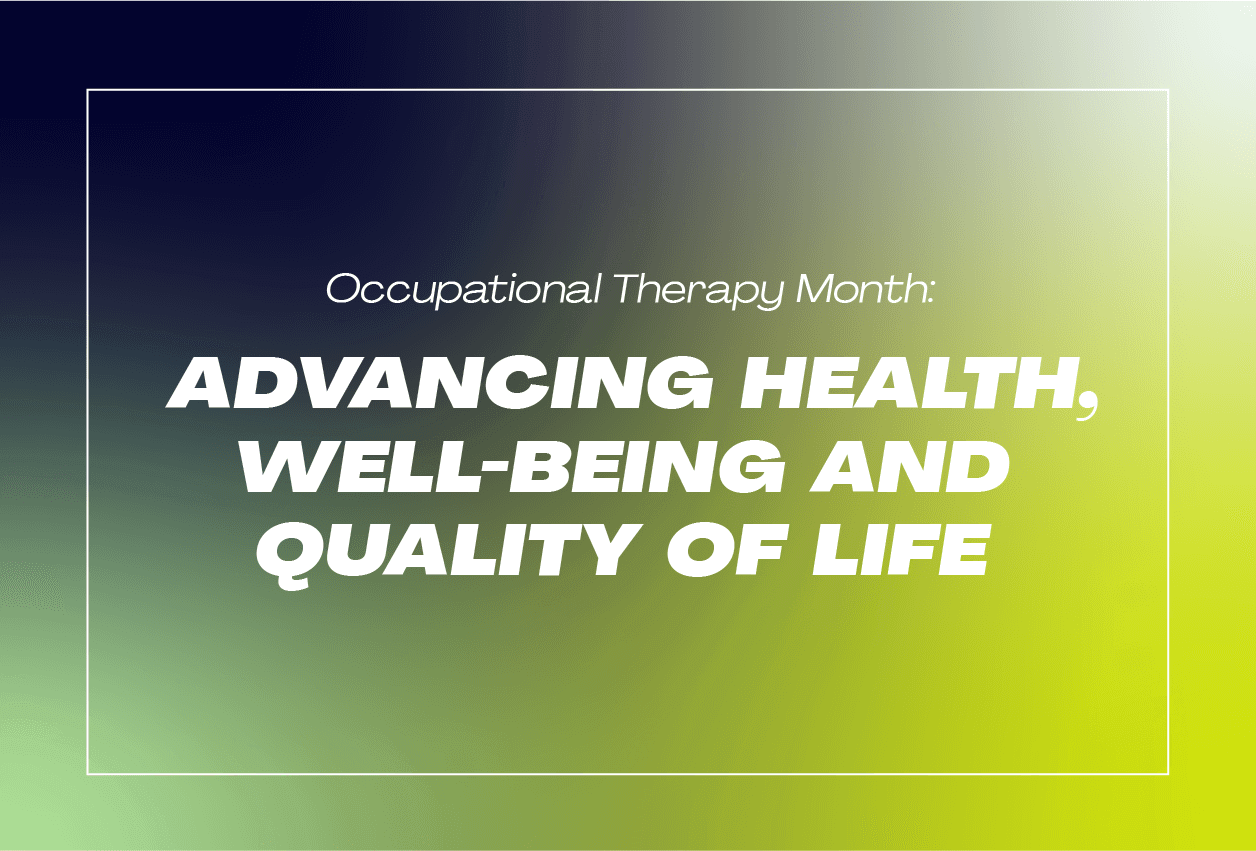By Rachel Lamb . 20/01/2020 · 6 Minute read
It's Cervical Cancer Prevention Week, and you're probably wondering, "what is cervical cancer? How do you get cervical cancer?". More importantly, "What are the symptoms of cervical cancer?".
Instead of asking Google, Your World is raising awareness and spreading knowledge on what women, and those who have a female reproductive system, should do to reduce their chances of catching the illness and be cancer-free.
With 3,200 women affected by cervical cancer every year, nine are diagnosed every day and on average two women lose their lives daily in the UK, it's essential you're aware of the causes, symptoms, prevention and future of cervical cancer.
More importantly, you'll understand the impact a smear test and HPV vaccine have. Are you ready? You're about to embark on a cervical cancer awareness journey.
What is it
Cervical cancer is a type of cancer that develops in the cervix of the female reproductive system. The cervix is located at the entrance of the womb, right after the vagina.
The cause
Almost all cervical cancer cases (99% of them) occur in women who have previously been affected by an HPV (Human Papillomavirus) infection. HPV is a group of infections where more than 100 types of virus exist, and out of the 100, 15 are cancer-causing (high-risk). Two of those, HPV 16 and HPV 18, cause 70% of all cervical cancers and pre-cancerous cervical lesions.
For those who are wondering, HPV spreads during sexual intercourse and other types of sexual activity. It's incredibly common in the 21st century for both men, women and those with either reproductive system to catch it.
People who are born with a female reproductive system should know; a few causes are making it more susceptible for them to develop the illness. These are:
- Smoking
- Long-term use of oral contraceptive pill
- Becoming a mother at age 17 or under
- Having a family history of cervical cancer
- Weakened immune system
- Having had other cancers, particularly in the reproductive or renal systems
- Having five children or more
- If you were born between 1938-1971
Symptoms
In most cases, women diagnosed with cervical cancer don't experience symptoms in their early stages, which is why it is incredibly important to attend your cervical screening when you're invited.
Over the years, a few cervical cancer symptoms have been recognised. If any of the symptoms mentioned below seem familiar, visit your GP. We want you to be safe, not worried.
These include:
- Lower back pain
- Pain during sex
- Bleeding: during or after sex, or between periods
- Post-menopausal bleeding
- Unusual vaginal discharge
Check, call and report to your GP if any or all symptoms appear, even if you recently had a smear test (cervical screening) and it came back negative. These symptoms are also associated with many other conditions that aren't cancerous. The only way you're going to rule these out is by booking in an appointment with your GP. While cervical cancer develops, so does its symptoms.
These are:
- Increased frequency of urination
- Blood in the urine
- Bleeding from the bottom
- Diarrhoea
- Urinary Incontinence
- Lower limb swelling
Prevention
A little body and lifestyle TLC (tender, loving and care) go a long way. Here are six ways you can reduce your risk of developing cervical cancer:
- Contraception: Regardless of what people may say, safe sex is cool, and it will also reduce your risk of being infected with a high-risk HPV. It won't completely eradicate the risk (HPV lives on the skin and round the entire genital area), but it will help.
- Smoking: If you don't smoke, your chances of developing cervical cancer is half of what a smoker is. If you do, 21% of cervical cancer cases are caused by smoking. In other words, reduce or stop smoking.
- Lifestyle: A healthy lifestyle not only changes your body physically but internally too. By living a healthy lifestyle, your immune system grows stronger. People who have a weak immune system are at higher risk of developing cervical cancer.
- Cervical screening: 75% of cervical cancers can be prevented by cervical screening (smear test). Say hi to your GP for us.
- HPV Vaccination: Given as a series of two injections on the upper arm, you can get it for free until the age of 25. If you're over 25 but under the age of 45, visit your GP, and they will tell you what to do next.
Future
Cancer Council of New Wales in Australia, the International Agency of Research into Cancer in France, and the Albert Einstein College of Medicine in the US carried out a study on cervical cancer prevention. They discovered that if the rate of HPV vaccination and cervical screening remains the same, 44.4 million women worldwide will get cervical cancer between 2020 and 2069.
But, if the vaccination and screening were introduced to every part of world in 2020, regardless of the country’s conditions, 12.4 to 13.4 million cervical cancer cases could be avoided.
Eventually, the rate of cervical cancer would come down to 4 women per 100,000 or lower in most countries around the world, leading up to virtual elimination in high-income countries like the UK by 2060.
What this means is, we want you to raise awareness of what cervical cancer is and what women and those who have a female reproductive system need to do to prevent it.
Who are you going to call?
Your GP to book a smear test and an HPV vaccine, and your friends to raise their awareness of the illness.









